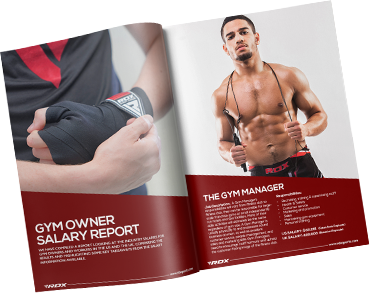Starting a Fitness Retail Business or any business in general can be a challenging task but can be extremely rewarding in the long run. We have compiled a complete guide on how you can start your own Fitness Retail Business.
Table of Contents
- Why start a fitness retail business?
- How to start a fitness retail business?
- How much will it cost to open a fitness retail store?
- Conclusion
Why Start a Fitness Retail Business?
The fitness industry is growing rapidly, and there is a lot of opportunity for entrepreneurs to get involved. According to a report by ReportLinker, the health and fitness club market is projected to grow at a rate of 10.6% from 2018 to 2023.
Starting a fitness retail business is not difficult, and there are many resources available to help you get started. A fitness retail business can be profitable, as the demand for health and fitness products is high. Just the growth rate in the health and fitness club market can show us that it can be a very profitable business.
If you are passionate about health and fitness, starting a fitness retail business can be a great way to turn your passion into a career. A fitness retail business can be a great way to help people improve their health and well-being. It can be a very rewarding industry to work in as you are helping your community and growing yourself as well.
How to Start a Fitness Retail Business?
There are a few points you need to consider before starting your retail business such as the type of fitness products you want to sell, the trends in the fitness industry, your target market, your business plan, location, and promotion of your business.
Here is an overview of the points that will help you start a fitness retail business:
- Pick a Niche
- Create a business plan
- Get permits and licenses
- Find the perfect store location
- Secure funding
- Select suppliers for your business
- Hire staff
- Start an online fitness store
- Marketing and selling
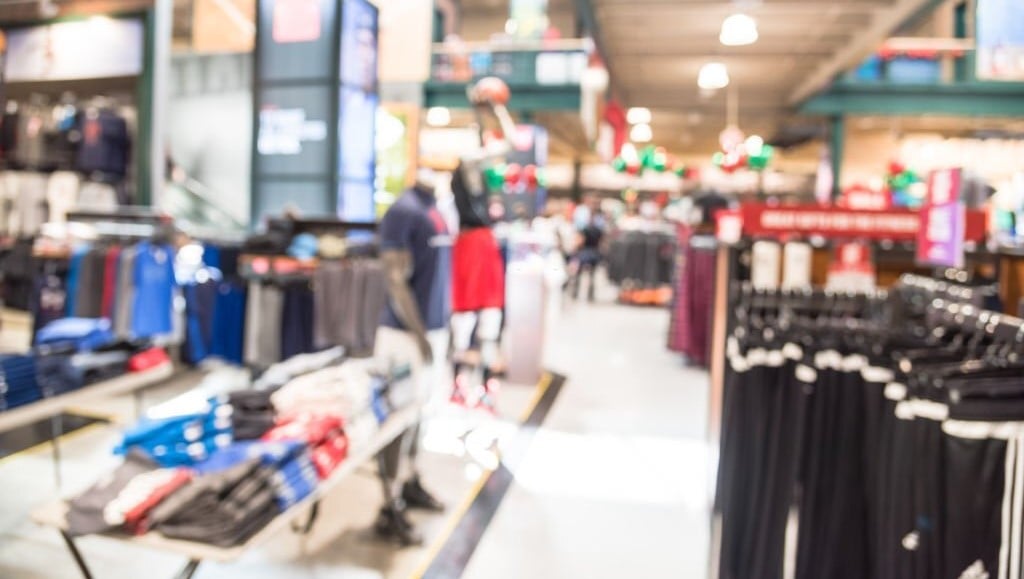
1. Pick a Niche
There are many different types of fitness retail businesses. You can have a fitness retail store that sells the following:
- Gym Gloves
- Gym Belts
- Weightlifting Gear
- Strength Training Gear
- Yoga Gear
- Gym essentials
- Gym Apparel
- Protein Powders and energy drinks
Niche Marketing includes defining a small segment of the market who are interested in your products. They will choose your business as it will provide them with the solution/products that they might need.
Choosing the right niche is a very important part of your business as it will help in defining what your business is about, and will attract and retain your ideal clients. This not only adds value to your business but will also be beneficial to your customers.
Following are some tips you can use in choosing your fitness retail business:
- Define your target audience according to demographics and psychographics.
- Understand the issues your target audience might be facing.
- Think about how your products can help your target audience.
- Identify your competitive advantage.
To cater to your target market you need to have good knowledge about them, and for that, you need to have strong data based on research. After that, the design of your business and how easily it is accessible to your customers play an important role. Lastly, providing the best customer service is crucial for your retail business.
2. Create a Business Plan
After you have figured out your niche, the next step is to create your business plan. You need to make a business plan which will list your business’s vision, mission, values, and overall persona.
A business plan is a document that tells about what your business is and its future objectives, goals and the strategies you will implement for achieving those goals and objectives. The business plan also includes your business’s logo and name.
To create your business plan you need to do in-depth research about the fitness retail market and about your competitors. You need to create a detailed business plan which includes your financial projections for the next 3-5 years as they will help in setting your budget, assess your expenses, and you can set your financial goals through it.
Your business plan will also include the location of your business and the reason why you are choosing that specific location. You need to develop a marketing strategy for attracting your customers and promoting your business. This marketing strategy will also be a part of your business plan.
Here is a summary of the points that need to be mentioned in your business plan:
- Business logo and name
- Vision & Mission
- Objectives & Strategies
- Market Analysis
- Competition
- Location
- Marketing Strategies
- Financial Projections
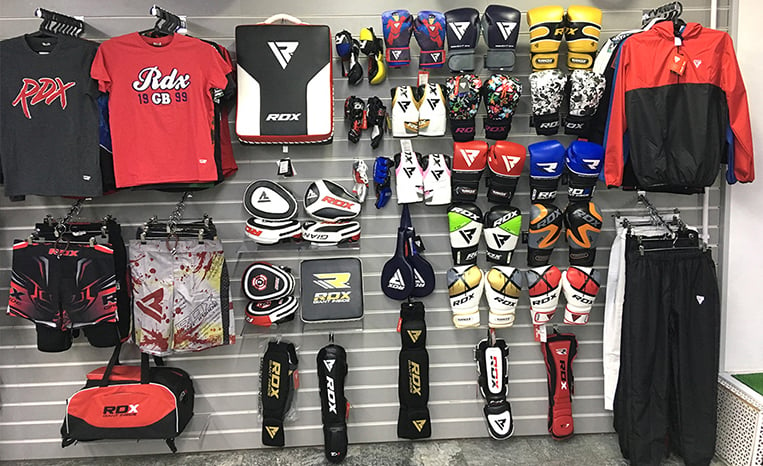
3. Get Permits and Licenses
The first step to starting a fitness retail business is to get the necessary permits and licenses from your local government. You need to check whether your business is following all the regulations of your city or town outlined by the governing agencies.
Depending on the type of products you will be selling, you may need a special license or permit especially if you are selling heavy gym equipment. You may also need a permit or certificate of occupancy for the location and store in which you will be operating.
You need to check with your local Chamber of Commerce or Small Business Administration for more information on the permits and licenses required for your business. Other than that you might need to insure your business, in case there is any incident that might cause harm to your business.
Once you have obtained all the necessary permits and licenses, you will be ready to move on to the next step of your fitness retail business!
4. Find the Perfect Store Location
Finding the perfect store location is essential as it will determine the success of your fitness retail business. There are a few key factors to consider when choosing a store location, including,
- Foot Traffic
- Visibility & Accessibility
- Parking
Foot Traffic:
Foot Traffic is an important factor to consider while selecting your location. Foot traffic is the number of customers who enter your store which determines the profitability of your retail store. If the foot traffic is high it will lead to higher revenue.
Visibility & Accessibility:
Visibility means where your store/building is positioned and if it is easily seen and distinguished from your competitors. Accessibility is how easily the building or store is accessible to your customers and how easy it is for your customers to come and visit your store.
Parking:
Parking is another important aspect to consider while selecting a location for your fitness retail store. Your customers might be having automobiles that they might need to park, so you need to make sure to provide them with sufficient parking space.
Once you've found the perfect location for your store, be sure to negotiate a fair lease agreement with the landlord. It might not seem easy to negotiate a fair lease agreement but it is not impossible. You'll also want to make sure that your store is in compliance with all local zoning laws and regulations.
Finally, don't forget to budget for any necessary renovations or build-outs that may be required to get your store up and running.
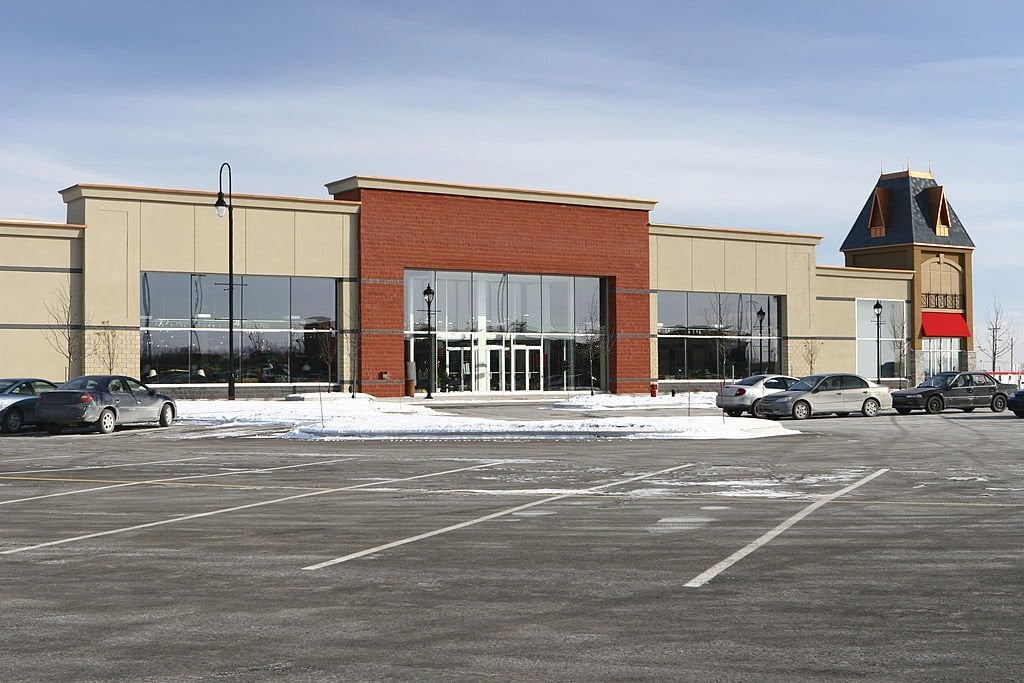
5. Secure Funding
The funding you will require for your fitness retail business will depend upon the dimensions of your fitness business. As if you only have a store online it might require different financial funding from a physical store.
Research the competition to see what other fitness retail businesses are doing well – and not so well. From that you can consider whether you will do the funding yourself, will consider a partnership, or will you look for investors for your business.
If you are considering investors for your business you need to make sure that they are passionate about fitness and health. If they won’t be passionate about it then they will most probably not fund your business retail store. Your investors might require a business plan with financial projections to invest in your business.
Create a detailed business plan that outlines your goals, strategies, and financial projections. As discussed before, a business plan contains your financial projections for your business for the next 3-5 years. This data is helpful for investors as they can estimate the overall revenue your business will be making.
6. Select Suppliers for Your Business
Now that you have the products you might want to sell at your fitness retail store you need to select the suppliers that might be offering those products at wholesale rates. There are a few key characteristics of suppliers that you need to consider, such as:
- The production capability
- Accountability
- Expertise in the niche you selected
- Ease of communication
If you consider these characteristics alongside reviews about the supplier company, it can save you from future headaches which you might face if you don’t select your suppliers carefully. Selecting the best suppliers for your business can increase your profitability and will allow you to have a long-term and healthy relationship.
7. Hire Staff
Before you hire any staff for your retail store, you need to create an ideal candidate profile. You will list down the education, experience, and skills your ideal candidate should have in this profile. From this candidate profile, you can create job descriptions and can better evaluate the candidates who will come for interviews.
When hiring staff for your fitness retail business, it's important to look for individuals who are passionate about health and fitness. If your staff is not passionate about the industry they are working for they can’t engage with your customers and hence cannot promote your products.
It's also important to find staff members who are knowledgeable about the products you sell and can provide excellent customer service. As excellent customer service will satisfy your members and they will be eager to come to your store whenever they require any fitness gear or gym equipment.
Training your staff on the proper use of fitness equipment is also critical to ensuring the safety of your customers. Finally, be sure to conduct background checks on all potential employees before making any hires. You shouldn’t rush hiring your staff members as this is an investment that can make or break your brand.
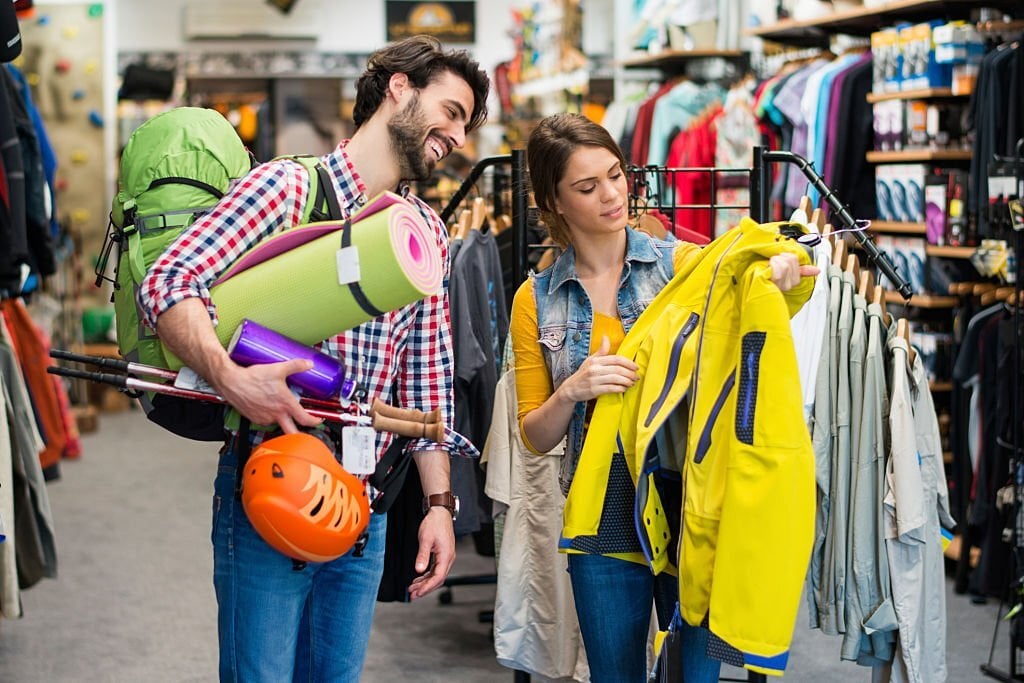
8. Start an Online Fitness Store
Create a Website
Having an online presence nowadays is as important as having a physical store. For that purpose having a well-built website is essential for your fitness business. Your online fitness business can be a place where visitors can visit and see your products and consider buying from you.
Your website should consist of the essence of your business, it should represent the vibe of your business and how you want your member to perceive your business. You can display the products you are selling on your website as well as any events that you might be hosting at your physical store such as a sale.
You can either hire a team of web developers for developing your website or you can even outsource as well. The benefit of outsourcing is that you don’t need to go through the whole hiring process to build a website. Another option is that you can utilize website-building tools online and can build your own website using them.
You can even choose which eCommerce platform you would want to build your fitness store on. Some eCommerce platforms are Shopify, Wix, Squarespace, Alibaba Group etc. You can create a fitness eCommerce platform for your business through these websites.
Be present on Social Media
According to an article by smartinsights, there are about 4.70 billion active users on social media platforms, which makes up more than half of the world’s population. You can use social media for marketing your business and promoting your products to the right target audience.
Social media also lets you deliver relevant content to the right target audience. It provides you with metrics that help in spreading awareness and lets you gauge the efficiency of your campaigns. Social media platforms collect your customers’ data and allow you to make better decisions based on that data.
Once you have started making sales, you will need to reinvest in your business to grow it further. This investment is for both your online and offline business. You can also reinvest by marketing your online fitness equipment store effectively.
9. Marketing and Selling
Setting up a store and branding it is not enough to attract potential buyers towards your store. If you do not have proper marketing and advertising strategies in place your business will not generate as much revenue as you might want it to.
Marketing your fitness retail store might seem intimidating for new business owners but once you start marketing your store and get an idea as to how you need to market then the process becomes much easier.
You can market your fitness retail store through traditional and digital marketing techniques. In today's day and age digital marketing is the thing as most of your target audience have cell phones and use social media platforms. But this does not mean that traditional marketing is of any less importance.
Using both traditional and digital marketing techniques and strategies is how you can better promote your retail store to improve your sales and in turn generate more revenue. Consider a few of the following marketing activities to boost your retail store and have amazing sales:
- Opening your fitness goods retail store in a grand style
- Engaging in direct marketing and sales
- Creating a loyalty plan that will enable you to reward your regular customers
- Positioning your signage / flexi banners at strategic places
- Positioning your greeters to welcome and direct potential customers
- Encouraging the use of Word of mouth marketing (referrals)
- Creating a website and social media pages and promoting your business on those platforms

Related Article:
- How To Turn Your Fitness Website Visitors Into Revenue?
- How To Provide Exceptional Customer Service On Social Media Platforms?
How much will it cost to open a Fitness Retail Store?
Your initial startup costs can be anywhere from $100,000-$250,000 for a small-to-medium-sized fitness retail store. Following are some basic costs that will be involved in opening your Fitness Retail Store:
Rent and Utilities
Rent will depend on the location of your store. According to a report by Statista, the average monthly rent for shopping centers in the US is $26.84. Assuming you are starting with a small-to-medium-sized fitness retail store you will require 1000 to 5000 square ft. of space, which means that you can expect at least $26,840 monthly rent for your store.
Licenses, Permits and Insurance
Licenses and permits have different costs for different countries, they also depend on the type of license and permit. Other than permits you need to have your store insured. Insurance can cost you anywhere around $600-$1,200 annually for a small retail store.
Adding the professional fees the total amount can be anywhere from $900-$1,500.
Hiring Staff
You will require having staff for your fitness retail store no matter what the size of your store may be. The costs you will incur depend on the staff you require for your business. Some typical positions are store manager, retail sales associate, and cleaning staff.
Marketing
Marketing activities, both online and offline, will depend on how much you want to promote your retail store. It will also depend on the marketing strategies you will be using.
Conclusion
Starting a Fitness business may seem like a lot of work but it all pays off in the end if you have a clear business plan, location, funding, staff and proper strategies for your business. But just having a physical store is not enough in today’s world, you need to have an online presence.
Having an online fitness store can help in promoting your business a lot. It will also increase your customer base and revenue. Creating a checklist of all the points we have listed above can help in streamlining your operations and make it easier for you to track your progress.

